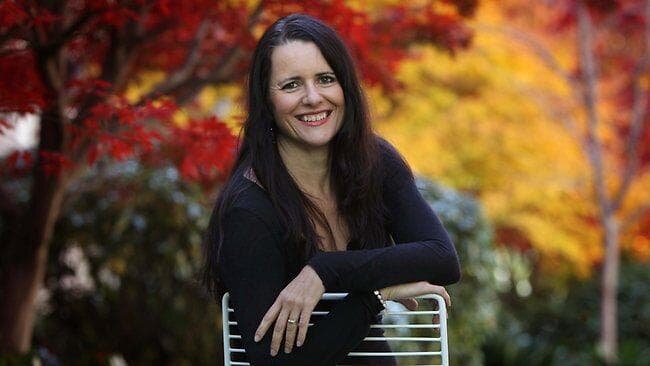Table of Contents
Acknowledgements
Preface to the 2019 Edition
Introduction
The story of Layiah: My wonder child - d.a.marullo
All is right with my world - Diana D. Aldrich
It’s about love - Teresa Streckfuss
Your baby will die: The story of Grace - Sandi Seyferth
Giving life a chance - Nirmmala Jegathesan
Finding joy in the weak among us - Julia Anderson
‘The best experience of my life’: HIV-positive women on pregnancy and birth in Australia - Karalyn McDonald
My children have compensated me tenfold - Johanne Greally
The ‘standard of care’ would be to abort my unborn child - Heather Arnold
Living in the shadow of Mönchberg - Elizabeth R. Schiltz
So glad I listened to my heart - Stephanie Gillespie
Gabriel was going to die, but first he was going to live - Amy Kuebelbeck
I wouldn’t swap them for anything - Leisa Whitaker
This baby would be loved - Alison Streeter
The blessings far outweigh the sorrows - Lise Poirier-Groulx
Just crash through it - Rosaleen Moriarty-Simmonds
Go with your instincts - Lisa Roche
They told me my child would want a new mother - Jo Litwinowicz
The most beautiful face on earth - Michelle Harmon
Afterword
Glossary
Bibliography
Index
Reviews
This well-documented and compelling account of the pressures faced by women expecting disabled children calls for every child to be welcomed and loved, and deserves to be heeded by a very wide readership.
— Alison Davis, UK disability activist, author of From Where I Sit and founder of No Less Human.Though it was difficult for me to read, it was a testimony to strong women, who make their own choices and feel their lives are enriched because of having a “defiant birth”. The book includes notes and a good index. I was inspired and I think you will be too.
— Elaine Butler, Support for Families of Children with Disabilities Newsletter





